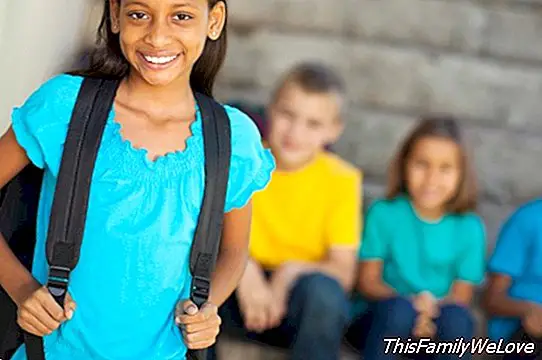History of a challenge: right to education

Malala Yousafzai was born in 1997 in Mingora (Pakistan), and in October 2014, at age 17, he received the Nobel Peace Prize and became the youngest person awarded with this award in any of its categories throughout history.
In early 2009, when she was not yet 12 years old, Malala started writing a blog on the BBC, in the Urdu language, under the pseudonym Gul Makai. In his stories he was telling the passage of his life under the regime of the feared Tehrik e Taliban Pakistan (TTP), a terrorist group linked to the Taliban, which was trying to take control of the valley of the Swat River. The private schools had been ordered to close through a Taliban edict that It also prohibited the education of girls. They tried to impose their interpretation of Sharia and had destroyed about 150 schools in the last year.
Malala continued to write on that blog and was increasingly known for her lively defense of civil rights. But its definitive launch was the summer of that same year 2009, with the documentary Class Dismissed: The Death of Female Education, directed by Adam Ellick and Irfan Asharaf, of the New York Times, which showed the life of Malala and her father, Ziauddin Yousafzai, and how the education of women was almost impossible in those places.
On October 9, 2012 Malala was the victim of an attack in Mingora by a TTP militiaman. That man, after boarding the vehicle that served as a school bus, shot him repeatedly with a pistol and bullets hit his skull and neck.
TTP spokesman Ehsanullah Ehsan said they would try to kill her again. The attack immediately gave rise to international condemnation and within 15 days she was transferred to Queen Elizabeth Hospital in Birmingham, UK, to continue her recovery, where she had to continue with rehabilitation and underwent reconstructive surgery.
After implanting a titanium plate and a hearing device, Malala returned to classes at a British high school in Birmingham: "Going back to school makes me very happy." My dream is that every child in the world can go to school because It is your basic right, "he said in a statement to the press.
Malala Yousafzai has become an iconic symbol of the universal right of girls to education. With her struggle and her courage, she has become a leading spokesperson for women's rights. "He has shown by his example, under the most dangerous circumstances, that children and young people can also contribute to improving their own situation," said the statement of the committee that awarded the Nobel Prize.
In his memoir I Am Malala: The Girl Who Stood Up for Education and Was Shot by the Taliban He tells how the whole story that made him famous began.
He knows that he has become a global symbol, and he knows that terrorists fear a girl more with a book than with an army.
To improve the world we live in, education and courage are truly decisive transforming factors. The audacious testimony of this young Pakistani blogger, unknown to everyone, has become a universal cry for her rights. A girl from one of the most abandoned areas of the world achieves, with her determination and courage, to put in check all the barbarism that had terrified the country.
There is a phrase that never tires of repeating: "A child, a teacher, a book, a pen can change the world". He proclaims it with roundness, between defiant and grateful. His example speaks to us of courage and intelligence, of culture and determination, of the power of words and reason against the overwhelming weakness of unreason.




